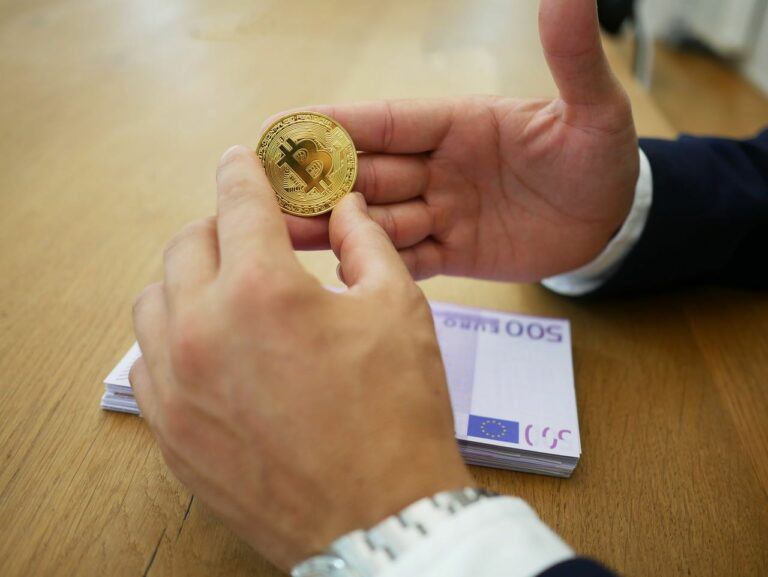A new law in Germany, which has already been approved by the Bundestag (the federal parliament) and is currently awaiting approval by the nation’s 16 states, could allow German banks to sell and custody Bitcoin and other cryptocurrencies as early as next year.
Germany has five constitutional bodies:
- Presidency (the head of the state is the Federal President)
- Executive Branch (the head of the executive branch, i.e. the cabinet, is the Chancellor, who is chosen by the Bundestag)
- Judicial Branch (consists of the Federal Constitutional Court and five other Supreme Courts)
- Bundesrat (the upper chamber of parliament, which represents the Länder, i.e. the 16 states of the federal republic, has 58 members, with the number of delegates each state has depending on its population)
- Bundestag (the lower chamber of parliament, with the deputies/members chosen by the people of Germany through the election process)
According to a report published in German news outlet Handelsblatt on Wednesday (November 27), in Germany, currently, only blockchain-powered Fintech startup Bitwala is integrating banking and crypto trading.
However, a proposed law that seeks to implement the 5th Money Laundering Directive of the European Union (as represented by the European Parliament and the Council of the European Union); member states of the European States have until 10 January 2020 to implement this directive.
The bill has already been passed by the Bundestag, and it is expected to also be approved by the Bundesrat. The previous version of the bill required German banks to use either special subsidiaries or external custodians for custody of cryptoassets.
The crypto industry in Germany is ready to welcome the proposed law. Dr. Sven Hildebrandt, a partner at Distributed Ledger Consulting (DLC), told Handelsblatt:
Germany is well on its way to becoming a crypto-heaven. The German legislator is playing a pioneering role in the regulation of cryptocurrency.
As for the Association of German Banks (BdB), it had this to say:
… credit institutions are experienced in the safekeeping of client assets and in risk management, are committed to investor protection and have always been controlled by the financial supervision.
BdB also mentioned that one benefit of the new legislation will be that it will allow residents in the country to invest in crypto via domestic rather than foreign financial institutions.
Featured Image Credit: Photo via Pixabay.com









